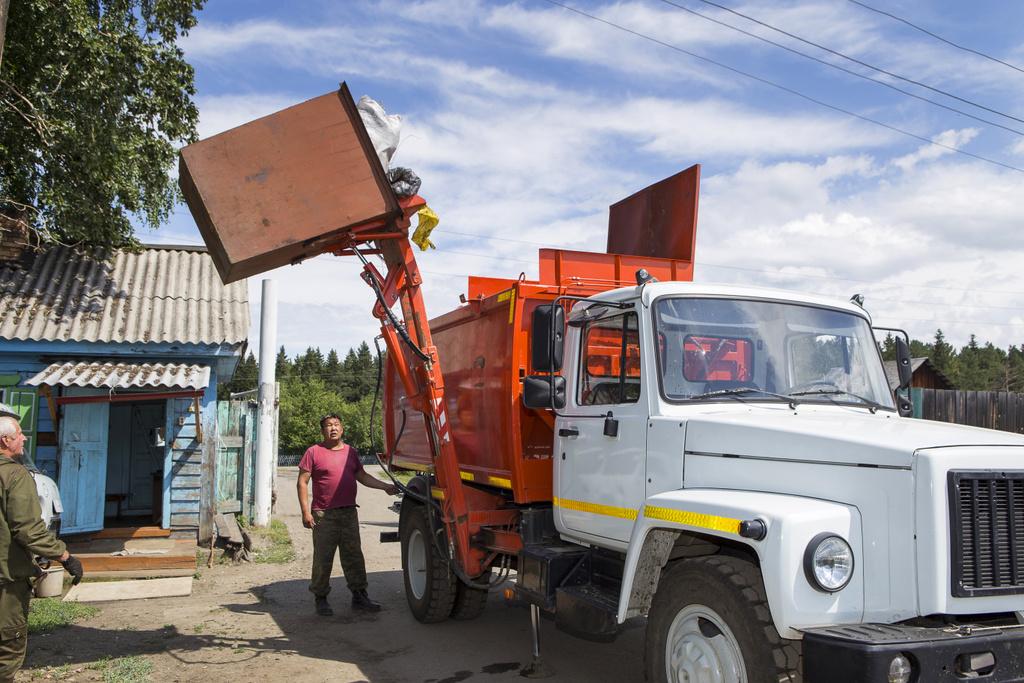In today’s fast-paced world, we accumulate a significant amount of junk over time, from old furniture and appliances to everyday waste. Proper junk disposal is crucial for maintaining a clean and healthy environment, yet it is often overlooked. Improper disposal of junk can lead to environmental degradation, health hazards, and even legal consequences. Understanding the importance of proper junk disposal and taking the right steps to manage waste responsibly are essential for protecting both our planet and our well-being.
The Environmental Impact of Improper Junk Disposal
When junk is improperly disposed of, it often ends up in landfills, incinerators, or littered across the landscape, causing several environmental problems:
Pollution: Junk disposal is common in the landfills, but these have their fair share of environmental consequences. When waste is dumped in a landfill, it undergoes rotting which releases ugly liquids and gases including methane – an element that is destructive to the world’s weather. Additionally, toxic substances from electronic waste (e-waste), batteries, and other hazardous materials can leach into the soil and groundwater, contaminating water supplies and harming wildlife. Read this for additional information.
Resource Depletion: Most of the items which end up as junk are electronic items, plastics, and metals, which are made of value materials that can be recycled and used again. When these items are discarded, these resources are wasted requiring more raw materials to be extracted and processed in addition to the harm done to the environment.
Harm to Wildlife: Littering and disposal of junk in the environment result in immediate negative impact on numerous forms of wildlife. Almost all animals may consume the debris or get tangled in them and possibly die or sustain injuries. Apart from plastic waste, animals are in danger because it looks like food and the animals can choke on it or get poison exposure.
Health Risks Associated with Improper Junk Disposal
Junk disposal is also a health risk to human beings if done in the wrong manner or at the wrong place. Garbage left in the wrong places may lead to easy access of places by rodents and insects which are disease vectors. Furthermore, it is important not to underestimate the risks which come with various types of junk, ranging from old electronics, paint, and chemical, as these materials emit poisonous substances into the air and water and lead to such consequences as respiratory problems, skin irritation, and many others.
Whenever burning of junk, it may lead to release of toxic fumes such as plastics and rubber emissions that result in air pollution and respiratory diseases. These diseases affect those living close to the ill-disposed dump sites or poorly managed landfills in a very sensitive manner.
Legal and Ethical Considerations
Proper junk disposal is not just a matter of environmental and health responsibility; it is also a legal obligation. Many jurisdictions have strict regulations governing waste disposal, including guidelines for recycling, hazardous waste management, and landfill use. Failing to comply with these regulations can result in fines, legal action, and damage to a company’s or individual’s reputation. Visit https://green.org/2024/01/30/the-ethics-of-e-waste-disposal-and-electronic-recycling for more insights.
Ethically, we have a responsibility to manage our waste in a way that minimizes harm to the environment and society. By disposing of junk properly, we contribute to a cleaner, safer, and more sustainable world for future generations.
Best Practices for Proper Junk Disposal
To ensure that junk is disposed of properly, it is important to follow best practices that prioritize recycling, reuse, and responsible waste management:
Reduce, Reuse, Recycle: The first step in proper junk disposal is to minimize the amount of waste generated. This can be achieved by reducing consumption, reusing items whenever possible, and recycling materials that can be processed into new products. Many communities have recycling programs that accept a wide range of materials, from paper and plastics to metals and electronics.
Proper Sorting: Before disposing of junk, it is important to sort it into categories, such as recyclable materials, hazardous waste, and general waste. Proper sorting ensures that items are directed to the appropriate disposal or recycling facilities, reducing the environmental impact, and improving the efficiency of waste management systems.
Use Professional Junk Removal Services: For large-scale cleanouts or items that are difficult to dispose of, such as old furniture, appliances, or construction debris, professional junk removal services can be a valuable resource. Companies like Wreckin Haul are equipped to handle a wide range of junk and ensure that it is disposed of in compliance with local regulations. Many junk removal services also prioritize recycling and donation, ensuring that usable items are diverted from landfills.
Dispose of Hazardous Materials Safely: Certain types of junk, such as batteries, electronics, chemicals, and paint, require special handling due to their hazardous nature. These items should never be thrown in the regular trash. Instead, they should be taken to designated hazardous waste disposal sites or recycling centers that can safely process them.
Participate in Community Clean-Up Events: Many communities organize clean-up events and waste collection drives that provide an opportunity to dispose of junk responsibly. These events often include services for recycling, electronic waste disposal, and the collection of hazardous materials, making it easier for residents to manage their waste in an environmentally friendly manner.
Conclusion
Proper junk disposal is essential for protecting the environment, public health, and legal compliance. By adopting responsible waste management practices, such as recycling, proper sorting, and using professional junk removal services, we can minimize the negative impact of junk on our planet. Whether you’re cleaning out your home, managing waste from a renovation project, or simply disposing of everyday items, making the effort to dispose of junk properly is a crucial step toward a cleaner, healthier, and more sustainable future.

